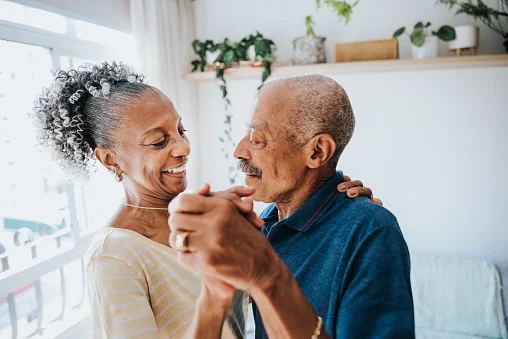Symptoms of Piles And What They Mean

Hemorrhoids can also be referred to as piles, which is nothing but the occurrence of swollen veins around the rectum and lower anus. Inflammation of nearby tissues may result from this swelling.
Even while heaps are common, the signs are not usually immediately apparent. The origins, symptoms, causes and potential health repercussions of piles will all be covered in this post.
What is Piles?
Veins within and around your rectum and anus that are inflamed and swollen are called hemorrhoids. They may be unpleasant and painful and can lead to rectal bleeding. Hemorrhoids are also known as piles.
Hemorrhoids happen to be a part of everyone’s natural state. However, they don’t pose serious threats and aren’t major issues. They only exhibit bothersome symptoms whenever they swell and grow larger.
Piles Symptoms To Know About
Your specific form of the underlying condition will determine your piles’ symptoms.
- Following a bowel function, blood can appear on tissue, which is a sign of internal hemorrhoids.
- When bowel movements occur, skin protrudes from the anus.
The following are the symptoms of piles of external hemorrhoids:
- Intense irritation all around the anus
- Unpleasant lump(s) or swelling(s) close to your anus
- Anus cramps or pains, particularly when seated
Usually, piles don’t hurt. Nevertheless, external hemorrhoids can occasionally result in a blood clot growing on that skin. This is referred to as a thrombosed hemorrhoid. Prolapse is another symptom of internal hemorrhoids.
Therefore, they can’t just close themselves off inside the anus. Hemorrhoids that have ruptured or that have thrombosed can be quite painful.
Piles are not usually fatal and frequently pass and disappear on their own without treatment, even though they can be very unpleasant.
Whenever you experience bleeding or black stools, consult your physician. Hemorrhoids aren’t the only thing that might cause bleeding; it’s essential to rule out other possibilities.
If your hemorrhoids or piles symptoms have not improved after one week of home treatment, seek medical attention.
Causes of Piles
Piles result from straining because it exerts stress on the anus or rectum veins. Rectal and anal veins might swell and cause inflammation due to any strain that puts additional stress on your tummy or lower appendages. Hemorrhoids may appear as a result of the following:
- Pelvic pressure is brought on by weight gain, particularly during childbirth.
- Struggling with constipation and making a lot of effort to poop.
- Lifting large objects with effort or gymnastics.
Risk Factors of Hemorrhoids / Piles
Hemorrhoids are more likely to occur as you become older. This is due to the possibility of weakening and stretching in the tissues supporting your anus and rectum veins.
Complications of Piles
Hemorrhoids can cause a few uncommon complications, including:
- Occasionally, hemorrhoids can lead to anemia, which is a condition wherein your body lacks sufficient healthy red blood cells to transport oxygen to your body’s cells.
- A strangulated hemorrhage. Internal hemorrhoids may become “strangulated,” which can be quite painful if the blood flow is blocked down.
- Blood clots. A clot may sometimes develop in hemorrhoids (thrombosed hemorrhoid). It is not harmful, but it can be quite uncomfortable and occasionally requires it to be surgically removed and draining.
If you believe you have hemorrhoids and encounter any of the following:
- Abdominal discomfort
- Recurring diarrhea or constipation
- Vomiting and nausea
- Cold and fever
- Severe rectal pain and bleeding
Final Words
Do not hesitate to discuss the piles’ symptoms with your doctor as keeping it untreated can lead to serious concerns later. Your doctor may prescribe specific remedies to ease any pain or suffering that hemorrhoids may be causing. Additionally, there are things you can do to prevent hemorrhoids from returning. Consulting a doctor for medical advice is recommended.
Read More Blogs.
https://pediamate.com/what-are-the-treatments-for-xerophthalmia/






